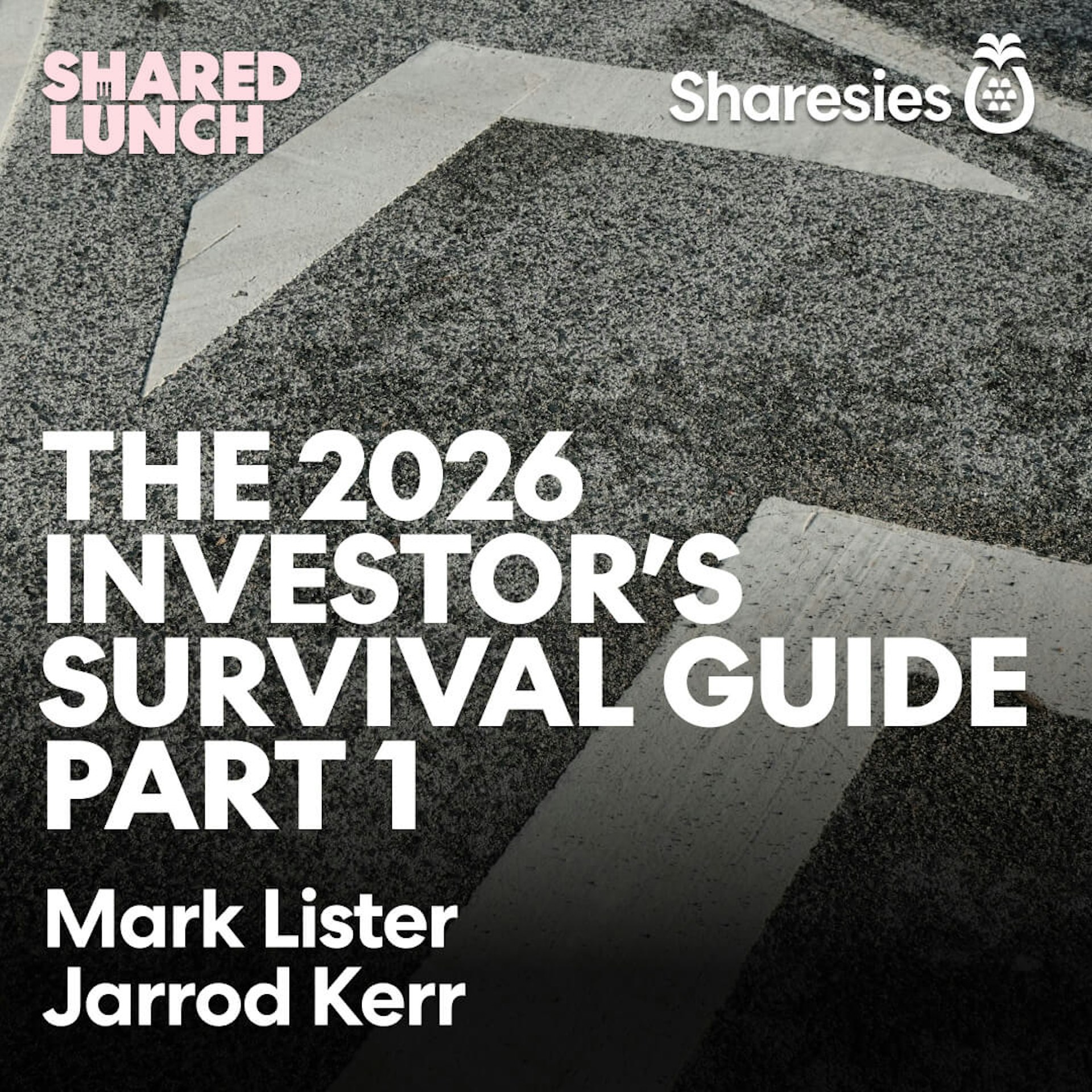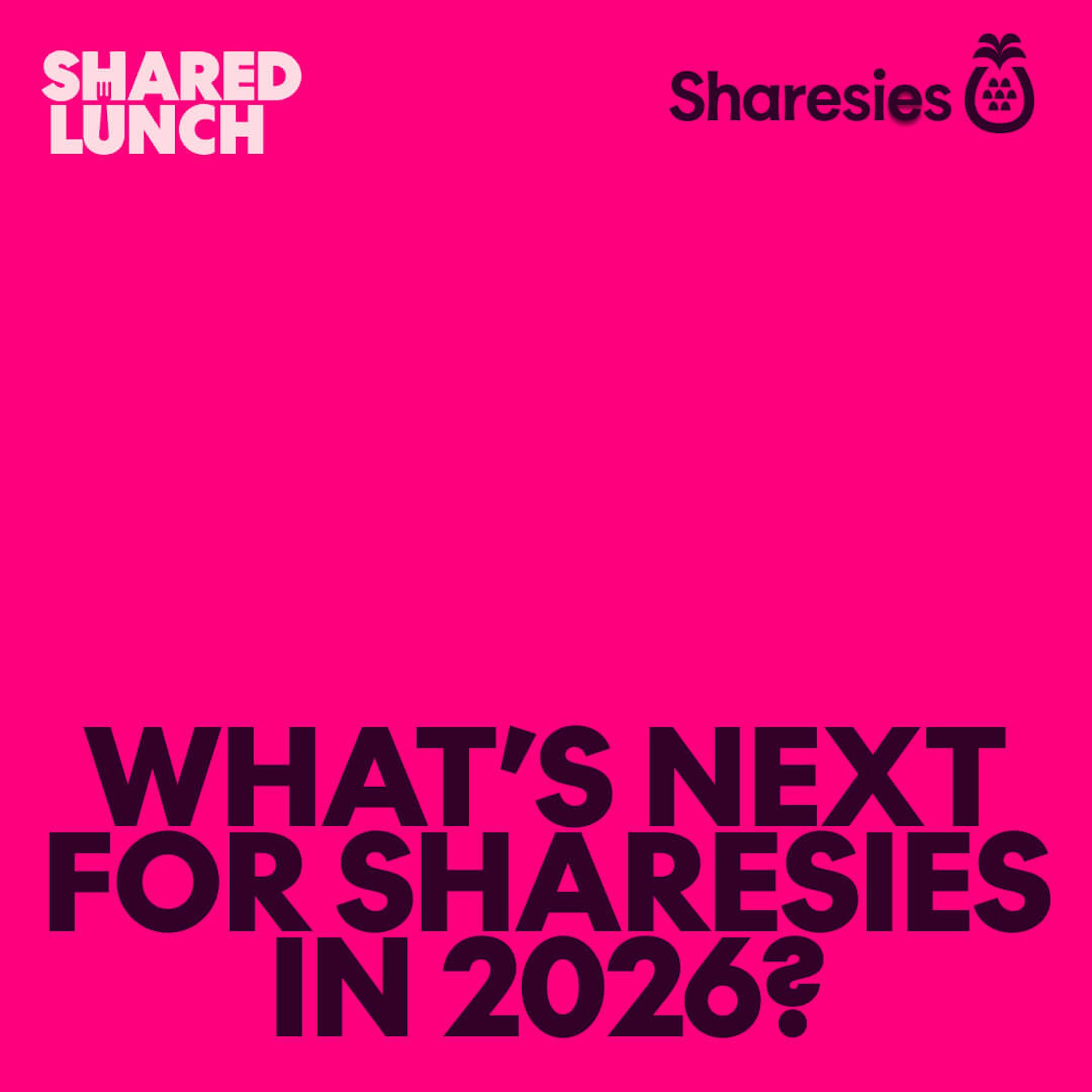How do over-the-counter (OTC) markets work?
Sometimes, when a US company delists, its shares can still be bought and sold on the over-the-counter (OTC) market.

Over-the-counter (OTC) investments are traded via broker-dealer networks, instead of being listed on a major US stock exchange.
Thousands of investments trade on the OTC markets, including shares in companies, derivatives, corporate bonds, government securities, foreign currency (forex), and commodities (e.g. gold).
Why investments trade on the OTC markets
There are several reasons why investments might trade over the counter. Often it’s because the companies are smaller and might not meet the requirements to be listed on a major stock exchange in the US. Sometimes, it’s because they’re already listed on an exchange outside of the US.
Companies that delist from a major US exchange often become an OTC investment.
Three types of OTC markets
The Financial Industry Regulatory Authority in the US regulates broker-dealers that engage in OTC trading, and OTC Markets Group provides price and liquidity information for these investments.
OTC investments are organised into three markets based on the quantity and quality of their financial disclosures, indicating both the opportunities and risks associated with these investments.
OTCQX
OTCQX is reserved for companies that provide the most detail and disclosure to OTC Markets Group. Companies in this tier must be up-to-date with regulatory disclosure requirements and maintain accurate financial records.
It’s common to find investments from foreign companies on OTCQX. For example, Adidas, Lufthansa, Heineken, and Kingfisher.
OTCQB
OTCQB is designed for companies that are still in the early to middle stages of growth and development. These companies must have audited financials and meet a minimum bid price of $0.01. They must also be up-to-date on current regulatory reporting requirements, and not be in bankruptcy.
Pink
The Pink market provides access to companies that may have very limited financial reporting that is both publicly available and meets US reporting standards. Due to the limited financial disclosure requirements, the investments traded on the Pink market have a higher level of risk.
Companies on the Pink market include Airbus, Nissan, Nintendo, and Panasonic.
Risks of OTC investments
OTC investments may not be suitable for all investors. All investments involve risk, but OTC investments are among the riskiest investments and are generally not appropriate for individuals with a lower risk tolerance. Potential risks may include (but are not limited to):
Lack of publicly-available information: Most large US public companies file reports with the SEC (U.S. Securities Exchange Commission) that any investor can get for free from the SEC's website. Professional investment analysts regularly research and write about larger public companies, and it's easy to find their share prices. In contrast, the same type of information isn’t required to be provided about OTC investments and information about such investments can be extremely difficult to find, making them more vulnerable to investment fraud schemes and making it less likely that quoted share prices in the market will be based on full and complete information about the company.
No minimum listing standards: Companies that trade their shares on exchanges must meet minimum listing standards. For example, they must have minimum amounts of net assets and minimum numbers of shareholders. In contrast, companies available on OTC markets often don’t have to meet any minimum standards.
Lower liquidity: Generally, the more demand for an investment, the greater the liquidity. Liquidity makes it easier for investors to buy or sell investments and receive a competitive price for their shares. OTC investments may be illiquid and infrequently traded, which may mean that they’re more difficult to sell and price accurately.
Higher volatility: OTC investments may experience greater price fluctuations and wider spreads due to lack of liquidity and other factors. An order in an OTC investment may not execute or may execute at a substantially different price.
Business risk: Many OTC investment companies are new and have no proven track record. Some of these companies have no assets, operations, or revenues. Others have products and services that are still in development or have yet to be tested in the market.
Wrapping up
There are various reasons why an investment may be traded over the counter, and there are risks to be aware of before you buy or sell on the OTC markets.
Generally, OTC investments are riskier and more volatile than other types of investments, so consider your financial situation and your investing strategy to decide if they’re right for you.
Ok, now for the legal bit
Investing involves risk. You might lose the money you start with. If you require financial advice, you should consider speaking with a qualified financial adviser, or seek independent legal, taxation, or other advice when considering whether an investment is appropriate for you. Past performance is not a guarantee of future performance. This content is brought to you by Sharesies Limited (NZ) in New Zealand and Sharesies Australia Limited (ABN 94 648 811 830; AFSL 529893) in Australia. It is not financial advice. Information provided is general only and current at the time it’s provided, and does not take into account your objectives, financial situation, and needs. We do not provide recommendations. You should always read the product disclosure documents available from the product issuer before making a financial decision. Our disclosure documents and terms and conditions—including a Target Market Determination and IDPS Guide for Sharesies Australian customers—can be found on our relevant NZ or Australian website.
Join over 930,000 customers



